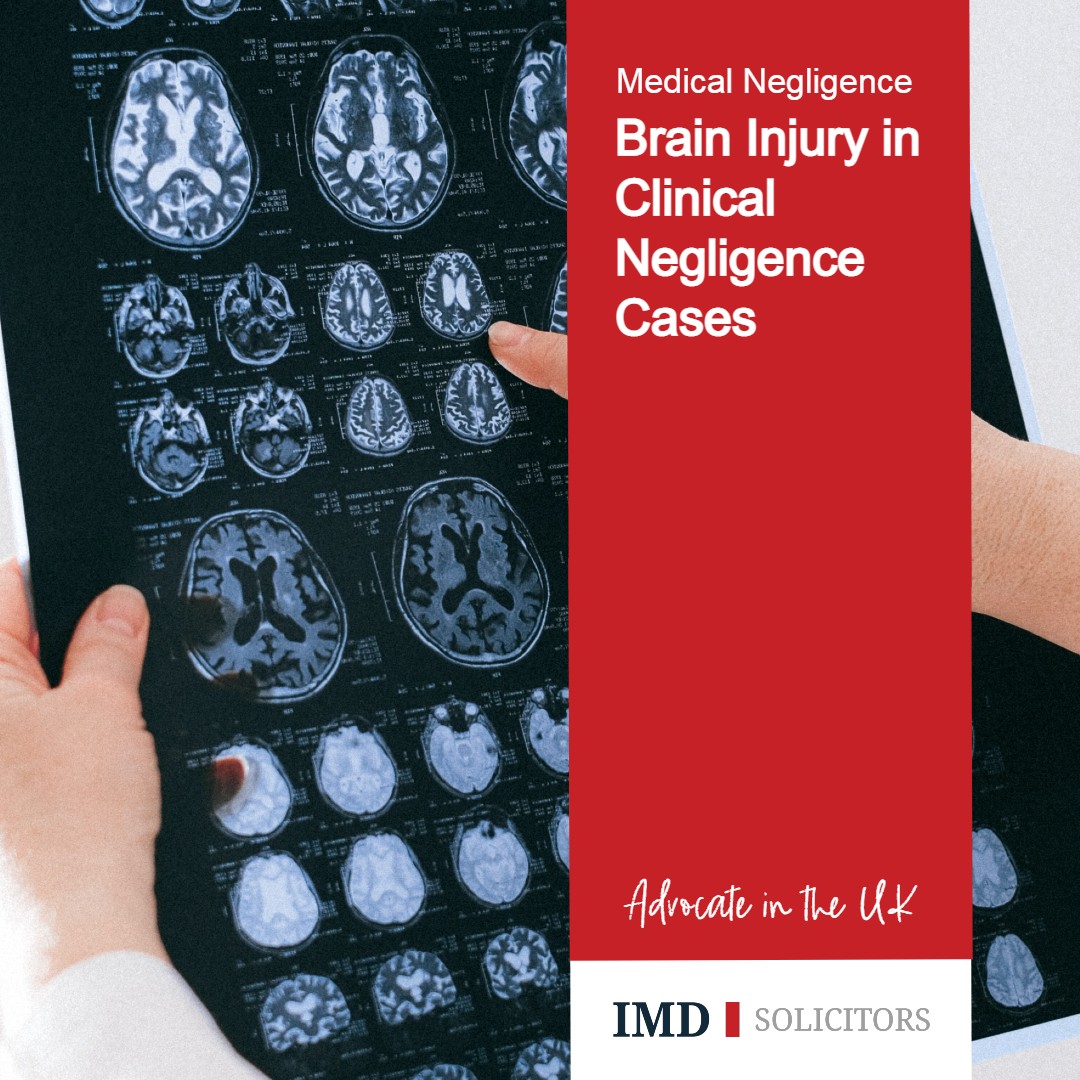
In recent posts we touched on brain injury caused by clinical negligence and how these cases can be successful. These cases have many facets and can also be complex to unravel and prove.
When we represent victims of brain injury caused by medical negligence there are so my factors we have to bear in mind. Many victims of brain injury may suffer from memory loss and here we will touch on how this may impact on the case.
Memory is the ability to recall something, this can include short term and long term memory as well as sensory memory. There are ways to measure the extent of the loss. If a person has a brain injury there are lots of reasons why there may be a difference in their memory, it may not be just due to the injury. Post traumatic amnesia (PTA) can be caused by physical trauma to the brain this starts immediately after the trauma resulting in a lack of registration of memory. The person may feel disorientated, confused or even distressed.
A long period of PTA increases the risk of a long term memory loss. It is important to diagnose and decide what can be treated and when. When it comes to measuring the loss through different types of assessments so many factors can impact on how they perform. Sometimes patients may have told their story a few times. Some people with memory loss can be suggestable, which may cause them to doubt their story. Memory and attention can go together and it can be missed if not carefully assessed and diagnosed by the right kind of expert such as a neuropsychological expert or a neuropsychiatrist.
Disassociation, functional cognitive disorder or depression are not mutually exclusive but it can be hard to untangle. Some of our clients with brain trauma will have many and varied symptoms, so it is down to the expert to look at the arc of symptoms and recovery which may not be a linear process. Looking at the whole pattern of change in the patient following a brain injury is important to ensure they are compensated properly and fairly. Memory assessment tools are very important to help identify the type of brain injury in the context of change in memory. This can also help to understand how this will impact on the victim long after the claim has settled.
We, as lawyers for the Claimant have the task of considering all angles when proving a case. We have in our recent articles talked about some of the not so obvious issues we come across when we deal with brain injury caused by clinical negligence. The writer gives thanks to the recent Skeleton series lectures, courtesy of 7 Bedford Row Chambers. These talks provided a thoughtful insight on the subject of brain injury. We are doing out bit by sharing this knowledge here.
This article is for general information only and does not constitute legal or professional advice. Please note that the law may have changed since this article was published.